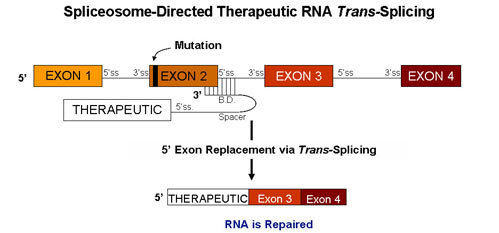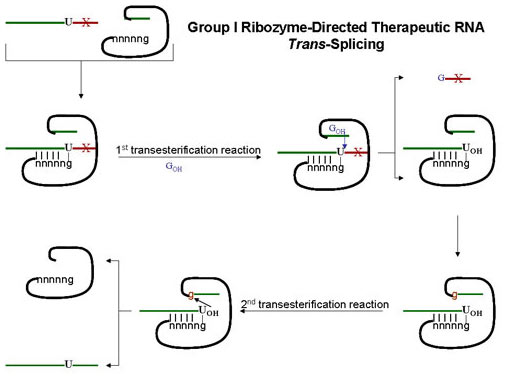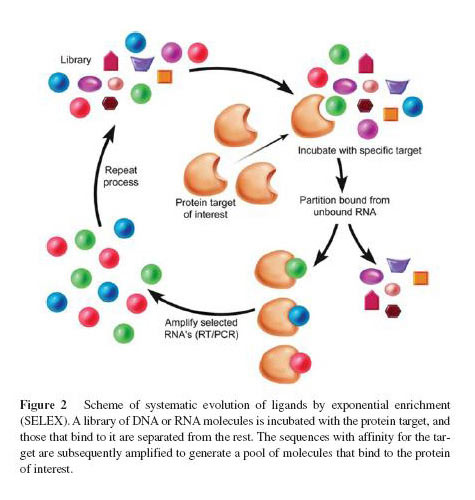Overview
The Cardiovascular Biology Laboratory, under the direction of Bruce Sullenger, is focused on multidisciplinary translational research approaches to the study of blood coagulation, inflammation, and atherogenesis at the molecular level. Novel anti-coagulation approaches developed within the program are presently undergoing pre-clinical and clinical evaluation. Ongoing studies are aimed at exploring molecular therapeutic approaches in the treatment of cardiovascular disease.
The lab strives to develop novel, safe, and effective nucleic acid therapeutics. The lab currently focuses on two areas:
- RNA and DNA repair via targeted trans-splicing
- The development of RNA ligands to protein targets to block or alter their function
RNA and DNA Repair by Targeted Trans-Splicing
- RNA repair: Using spliceosome-mediated or group I ribozyme-directed approaches
- DNA repair: Using the group II mobile intron
Goals for each approach
- Evaluate and enhance activity in mammalian cell lines, primary cells, and animal models
- Apply to clinically relevant targets such as beta-globin (sickle cell anemia, beta-thalassemia), p53 (cancer), mitochondrial genome (certain muscular/neurologic conditions), CCR5 (HIV)
- Uncover factors influencing trans-splicing and reactions specific to the group II mobile intron


RNA Ligands To Block or Alter Target Protein Functions
- In-vitro selection and combinatorial chemistry
- Cell cycle modulator
- Immune response modulator
- Anticoagulation
- For targeted delivery of siRNAs
The SELEX Process

Publications and Funded Projects
View Dr. Sullenger's profile to see his publications and funded projects.
Lab Members
Jens Lohrmann, MD
E-mail: jl217@duke.edu
David Boczkowski, MS
Associate in Research
E-mail: boczk001@duke.edu
Kristin Bompiani
Graduate Student
E-mail: kristin.bompiani@duke.edu
Angela Burnette
E-mail: burne004@mc.duke.edu
Jonathan Kotula
Graduate Student
E-mail: jk75@duke.edu
Jun-ichi Nishimura, MD, PhD
E-mail: junnishi@duke.edu
Elizabeth Pratico, PhD
Post-doctoral fellow
E-mail: ep52@duke.edu
Parth Ray, PhD
Post-doctoral fellow
E-mail: partha.ray@duke.edu
Jacoba (Coby) Slagter-Jager, PhD
Post-doctoral Fellow
E-mail: j.slagter@duke.edu
Becky Smock
Graduate Student
E-mail: becky.smock@duke.edu
David Snyder
Laboratory Research Analyst
E-mail: david.j.snyder@duke.edu
Johannes Urban, PhD
Post-doctoral fellow
E-mail: ju6@duke.edu
Kristi Viles, PhD
Post-doctoral Fellow
E-mail: viles001@mc.duke.edu
Phone: 919-684-4864
Jialiang Wayg, PhD
Post-doctoral fellow
E-mail: jw144@duke.edu
Jianxin Zhang, MD
E-mail: zhang049@mc.duke.edu
Support Staff
- Judy Hall
- Recia Higgins
- Phil Mitchell